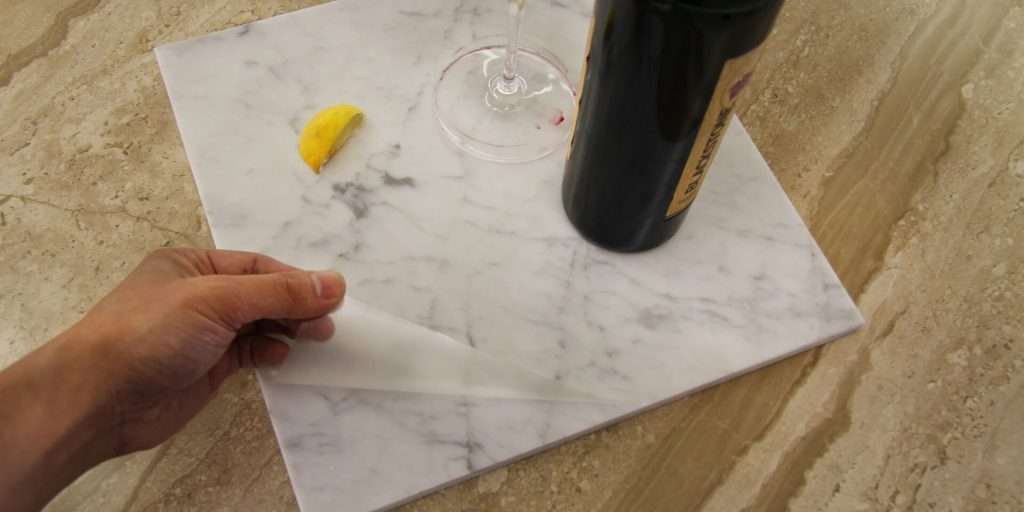What types of stone countertops are available, and what are their pros and cons?
Stone countertop options include granite, marble, quartz, soapstone, quartzite, and porcelain. Granite is durable and heat-resistant but requires sealing. Marble looks luxurious but is prone to stains and scratches. Quartz is durable and low-maintenance, while soapstone is heat-resistant but soft. Quartzite offers a marble-like appearance with more durability, and porcelain (like Dekton) is extremely hard and non-porous but can be costly.
1. Granite
Pros:
• Durability: Extremely hard and resistant to scratches.
• Heat Resistance: Can withstand high temperatures, making it ideal for kitchen use.
• Variety: Comes in many colors and patterns, each slab is unique.
• Maintenance: Requires periodic sealing to maintain its resistance to stains and moisture.Cons:
• Porosity: If not sealed properly, it can absorb liquids and stain.
• Weight: Very heavy, which may require reinforced cabinetry.
• Cost: Can be expensive, especially for rare colors and patterns.
2. Marble
Pros:
• Aesthetics: Known for its elegant, luxurious appearance with unique veining.
• Cool Surface: Naturally cool, making it great for baking and rolling dough.Cons:
• Porosity: Highly porous and susceptible to staining and etching from acidic substances.
• Maintenance: Requires frequent sealing and careful maintenance.
• Softness: Softer than granite and quartz, making it more prone to scratches and chips.
3. Quartz
Pros:
• Durability: Very hard and durable, highly resistant to scratches and chips.
• Non-Porous: Does not require sealing, highly resistant to staining.
• Consistency: Manufactured to have consistent patterns and colors.
• Low Maintenance: Easy to clean with mild soap and water.Cons:
• Heat Sensitivity: Not as heat resistant as natural stone; can be damaged by excessive heat.
• Cost: Generally expensive, but prices can vary based on brand and design.
• Artificial Look: Some people prefer the natural variations found in stones like granite and marble.
4. Soapstone
Pros:
• Heat Resistance: Excellent resistance to heat, making it ideal for kitchens.
• Non-Porous: Does not require sealing, naturally resistant to stains.
• Softness: Can be sanded to remove scratches.
Cons:
• Durability: Softer than granite and quartz, more prone to scratching and denting.
• Limited Colors: Mostly available in shades of gray and black.
• Patina: Darkens over time, which some people like but others may not.
5. Quartzite
Pros:
• Aesthetics: Often looks like marble but is more durable.
• Durability: Harder than granite, highly resistant to heat and scratches.
• Natural Beauty: Unique veining and patterns, natural stone appeal.
Cons:
• Cost: Can be very expensive, especially for high-quality slabs.
• Maintenance: Requires sealing to prevent staining.
• Availability: Less common than other stones, so choices may be limited.
6. Porcelain (e.g., Dekton)
Pros:
• Durability: Extremely hard and resistant to scratches and chips.
• Heat Resistance: Can withstand high temperatures.
• Non-Porous: Resistant to stains and does not require sealing.
• Lightweight: Easier to install and less strain on cabinetry.
• UV Resistance: Does not fade, suitable for outdoor use.Cons:
• Cost: Can be expensive.
• Limited Patterns: Fewer natural-looking options compared to other stones.
• Chipping: Though hard, edges can chip if struck sharply.



